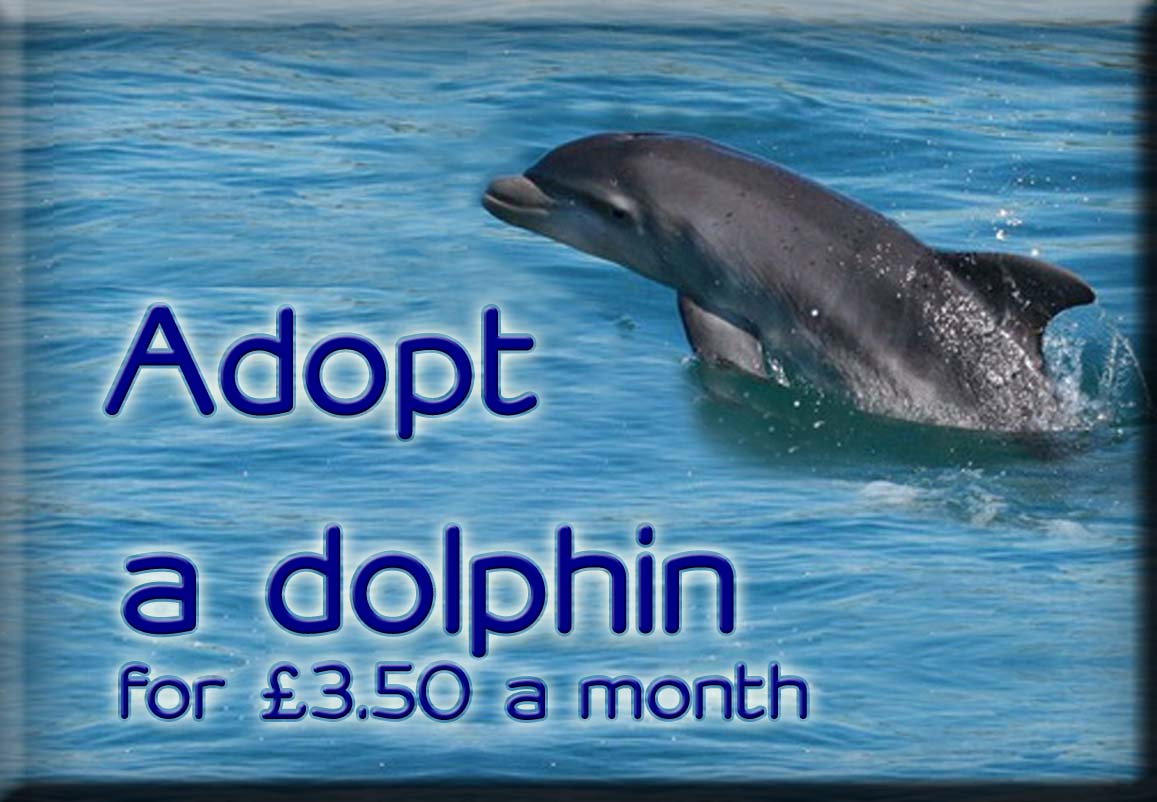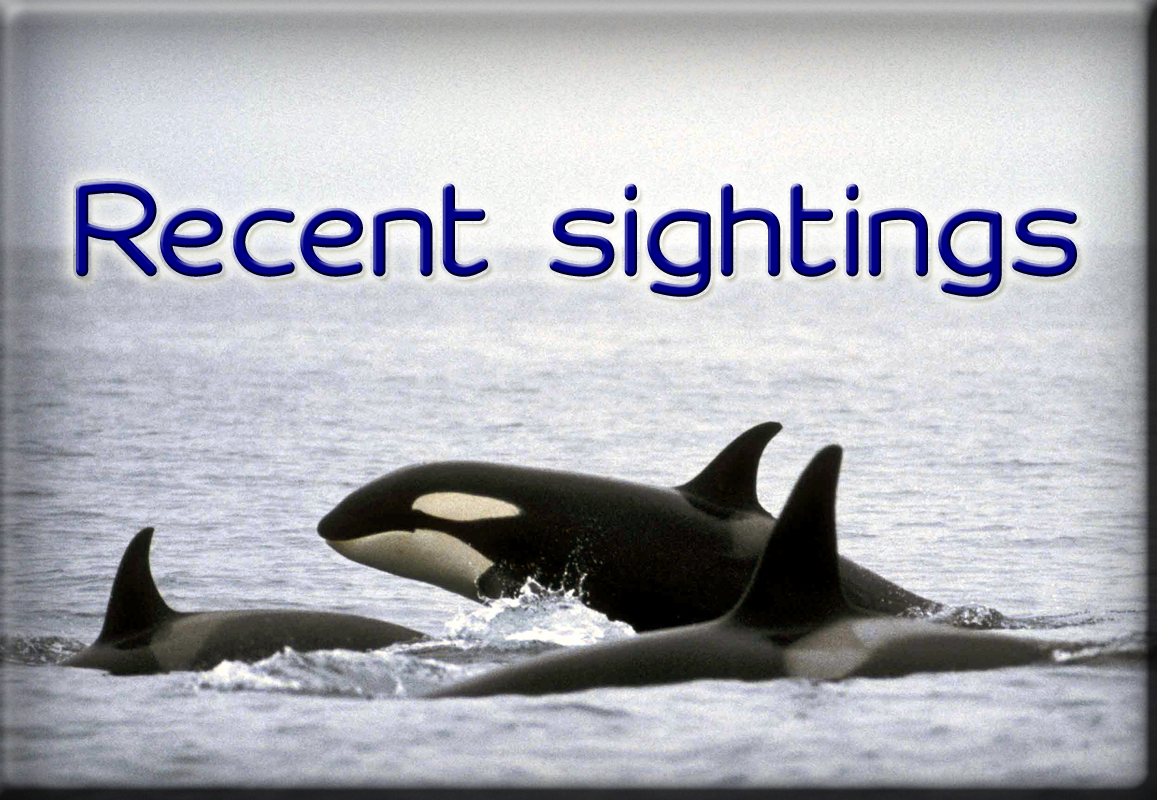Sea Watch Foundation Director Dr. Peter Evans selected as one of the 50 most influential conservation heroes in BBC Wildlife Magazine’s first wildlife power list.
Director and Founder of the Sea Watch Foundation, Dr Peter Evans has been selected as one of the 50 most important conservation heroes in the BBC Wildlife magazine’s first Wildlife Power List. Hundreds of nominations came from a range of wildlife experts connected to the magazine. The emphasis was on each person’s potential to make a difference in the coming years, both in terms of practical conservation and the way we all see the natural world. BBC Wildlife Magazine editor, Matt Swaine, says: “These are the people who we believe will shape the way we see the natural world in the coming years and who have the greatest potential to deliver a positive outcome for wildlife both in the UK and abroad.” Joining Dr Evans on the wildlife power list are broadcasters such as Sir David Attenborough and Chris Packham, primate scientist Dr Jane Goodall, and former Oxford colleagues Professors Tim Birkhead and David Macdonald, as well as often unheralded scientists and conservationists whose vital work ranges from Sumatran orangutans to eagles in Scotland, from those campaigning for reintroduction of lynx in the UK to more protection for our oceans; and from the protection of rhinos to those speaking out for insects and invertebrates in the UK.
Dr Peter Evans is probably best known for being the first person in the UK to study whales and dolphins in the wild in the waters around the British Isles back in the early 1970s. He pioneered what we now refer to as citizen science by building up a relationship between scientists and the public, establishing a network of observers to collect useful information on cetaceans all around Britain and Ireland, and forming the Cetacean Group within the UK Mammal Society in 1972, Then in 1991, with support from the Department of Environment, he formed the marine environmental research charity, Sea Watch Foundation, and has remained its Director ever since. The charity now has one of the largest and longest running cetacean sighting schemes in the world. In the late 1980s, he turned his attention to Europe and with three other scientists founded the European Cetacean Society, serving first as Secretary and later Chairman as well as being Editor for 21 years. He wrote a best selling text book on cetaceans and two other popular books on whales and dolphins, and co-edited a further text book on marine mammal ecology and conservation. For these efforts, he was the first in the UK to receive an ASCOBANS Award for Education and Outreach from the United Nations Environmental Programme, as well as a Conservation Award from the European Cetacean Society.
In earlier years, he worked extensively on seabirds and conservation issues facing them, becoming Secretary of the Seabird Group and editor of its journal “Seabird” as well as co-editing a major book on the conservation of the world’s seabirds. He also ran a rain forest conservation project for twenty years on the Caribbean island of Dominica, publishing books on the birds and other fauna and flora of the region. His interest in birds continues in his role as a Director of the Fair Isle Bird Observatory Trust, where has a long-term project on starlings.
He plays an active part on various international committees, and advises conservation bodies, government and industry, as well as the European Commission’s DG Environment.
A Trustee of the Hebridean Whale and Dolphin Trust, Peter’s field research concentrates upon ecological, behavioural and conservation biology studies of cetaceans in the UK, particularly harbour porpoise, bottlenose dolphin and minke whale. He also studies the effects of human disturbance upon cetaceans, and for several years has championed the cause of harbour porpoise conservation, promoting the establishment of Natura 2000 sites for them in the UK.
After many years at the University of Oxford, he moved to North Wales where he is currently an Honorary Senior Lecturer at the School of Ocean Sciences, University of Bangor.
Sea Watch Foundation was set up as a national charity to improve the conservation and protection of whales, dolphins and porpoises in British and Irish waters. It works tirelessly with environmental and government bodies to provide information, data and evidence leading to the better protection and conservation of cetacean populations in British and Irish waters. The conservation of any wild animal or plant is largely dependent upon continuous monitoring. Without such data it is impossible to assess and amend status on a regular basis. Monitoring populations also enables the identification of general distribution patterns, important areas for different species, behavioural responses to human activities and effects on reproduction. Without the monitoring and survey work undertaken by Sea Watch, this information would not be available. A comprehensive system of survey and monitoring is crucial for the survival of marine mammals.


























